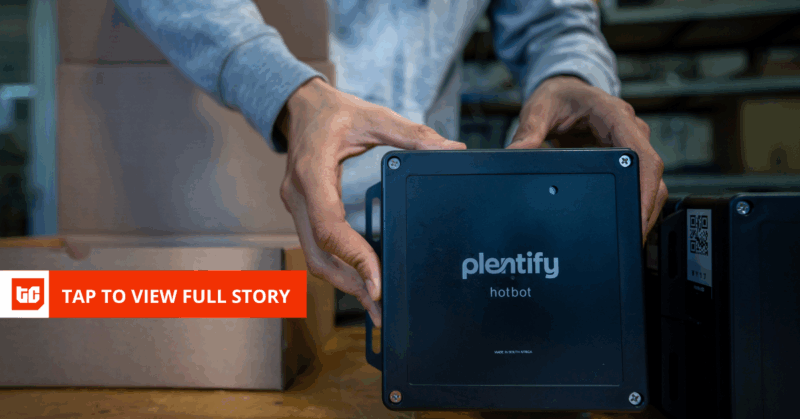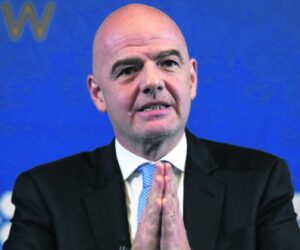Plentify, a South African electrotech startup that makes normal household devices work in a more energy-efficient way, has raised an undisclosed Series A round to expand to the U.K., Australia, and Brazil, three regions facing renewable-energy challenges like grid congestion, instability, and limitation.
The funding round brings together a mix of African and international climate-tech backers, including Secha Capital, Buffet Investments, E3 Capital, Fireball Capital, Endeavor SA’s Harvest Fund, Satgana, and several family offices. The round brings Plentify’s total capital raised to nearly $15 million.
“This round reflects both the confidence of our long-term supporters and the belief of new partners who share our vision,” said Jon Kornik, CEO and co-founder of Plentify. “It’s validation that what we’ve built in South Africa has global relevance and that our approach to intelligent energy management is resonating with investors around the world.”
A solution built in load-shedding’s toughest lab
South Africa’s energy crisis unintentionally became an innovation testbed. Chronic load-shedding and rising electricity tariffs drove a rooftop solar boom, especially among middle-income households. Installed private rooftop capacity now reaches 7,300 MW, surpassing Eskom’s independent power producer capacity.
That created ideal conditions for startups like Plentify to stress-test a market-ready and subsidy-free solution.
Founded in 2017, Plentify develops hardware and software to smartly manage home energy use. It connects appliances such as water heaters, batteries, and solar inverters into an AI-driven system that shifts operations to when power is cleaner and cheaper. Since its previous raise in 2023, Plentify’s deployments have grown more than tenfold, according to Kornik, converting energy instability into a showcase of how consumer-side smart energy systems can scale.
“South Africa forced us to solve real problems immediately,” said Kailas Nair, Chief Growth Officer and co-founder. “Now that subsidies are dropping globally, other markets need exactly what we have already built.”
But Plentify competes within a wave of smart energy markets across South Africa and beyond, alongside companies focused on solar home systems, IoT-driven energy management, and virtual power plants.
In South Africa, smart energy players like Vesofy, Switch Energy, Evolve Battery, and Grid Solutions are tackling load-shedding with connected battery networks. Others, like Smappee and eleX Home, focus on modular energy monitoring and fully automated home energy systems. CBI-electric’s Astute IoT range and Energyrite’s real-time monitoring tools add to the mix. International firms such as PEG Africa, M-KOPA, Zola Electric, and Sun King are also active in the region, offering solar and smart storage solutions tailored for off-grid and underserved communities.
These companies capture a share of residential and commercial smart energy adoption across the continent. The global smart energy market was valued at approximately $176.6 billion in 2024 and projected to reach $338.1 billion by 2033.
As demand for smart energy solutions accelerates, Plentify relies on partnerships with Balwin Properties, Conlog, and Wetility. Together, they remotely manage close to 100 MWh of water heaters and batteries. The company claims that the system has saved 9.9 GWh of electricity so far and helped households avoid over R40 million (about $2.4 million) in energy costs. Plentify’s model shows that smarter load management, rather than more hardware, could be one of the quickest ways to ease pressure on the country’s fragile power system.
E3 Capital’s Managing Partner Vova Dugin calls it “the perfect incubation ground” for technology that is now ready for markets where grid strain is becoming the norm, from Europe to Latin America.”


![Match Preview: 2026 World Cup Qualifiers; Nigeria vs Rwanda, South Africa [Podcast]](https://nnu.ng/wp-content/uploads/2025/09/Match-Preview-2026-World-Cup-Qualifiers-Nigeria-vs-Rwanda-South-Africa-300x250.jpg)





